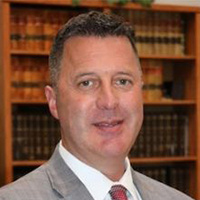Elkland Misdemeanor Lawyer, Missouri
Not enough matches for Elkland Misdemeanor lawyer.
Below are all Elkland Criminal lawyers.
Dan Romine
✓ VERIFIEDTraffic, DUI-DWI, Criminal, Misdemeanor, Felony
Dan Romine is an attorney in Springfield, Missouri. His practice focuses on traffic tickets, DWIs, and general criminal defense. Mr. Romine is current... (more)
Scott Gregory Taylor
✓ VERIFIEDDivorce & Family Law, Workers' Compensation, Personal Injury, Criminal
Scott G. Taylor graduated from St. Louis University School of Law in 1993 and was admitted to the Missouri Bar that same year. Scott previously attend... (more)
Tad Kendall Morlan
Class Action, Criminal, Bad Faith Insurance, Collection, Medical Malpractice
Status: In Good Standing
FREE CONSULTATION
CONTACTFREE CONSULTATION
CONTACTRichard D. Bender
Military & Veterans Appeals, Family Law, Criminal, Accident & Injury
Status: In Good Standing
Jeffrey C. Goodnight
Adoption, Alimony & Spousal Support, Animal Bite, Criminal
Status: In Good Standing
Stuart P. Huffman
Litigation, Estate Planning, Family Law, Criminal, Insurance
Status: In Good Standing



